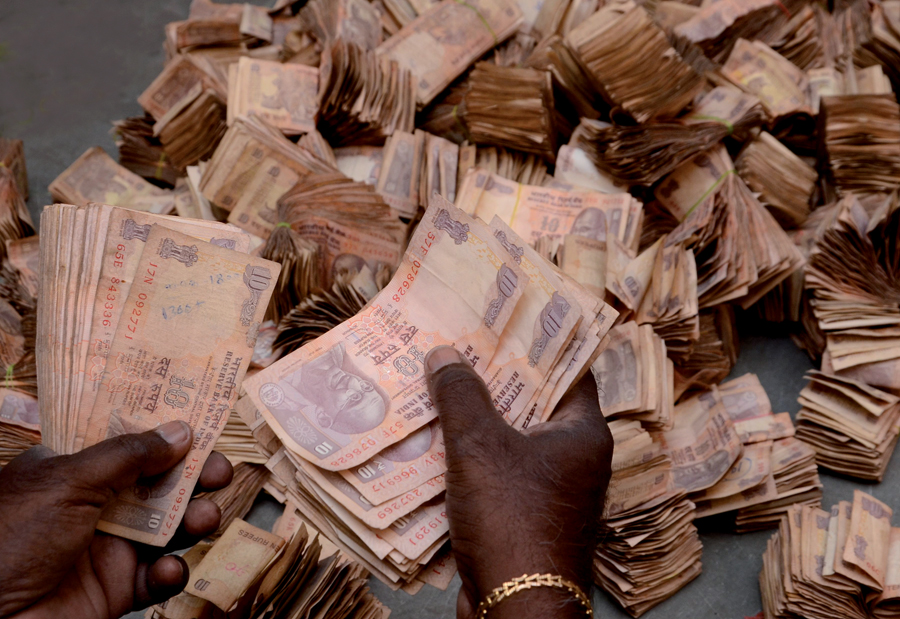
Expert Panel
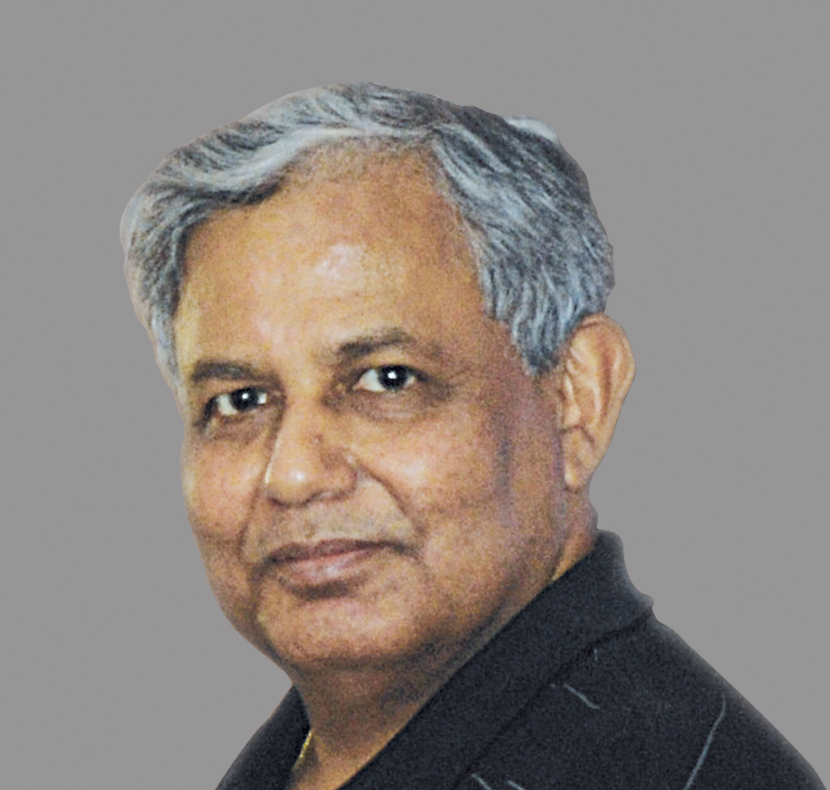
Vice Chancellor, MG Kashi Vidyapeeth, Varanasi.
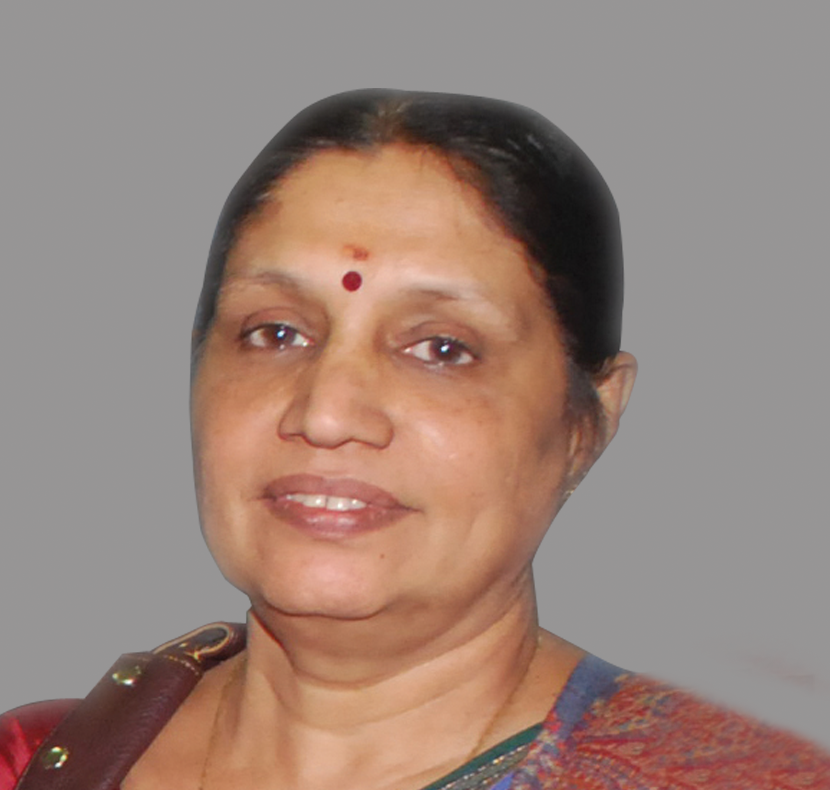
Chairperson, National Biodiversity Authority, Chennai.
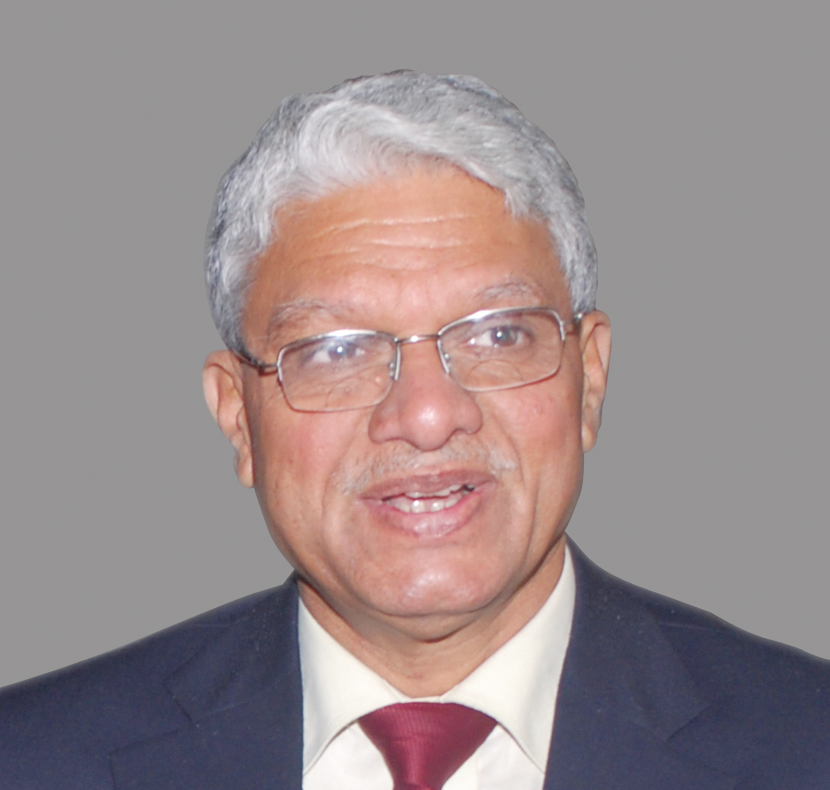
Air Vice Marshal (Retd) Former DG, IMD, New Delhi.

Former Member Secretary, Central Pollution Control Board, New Delhi.
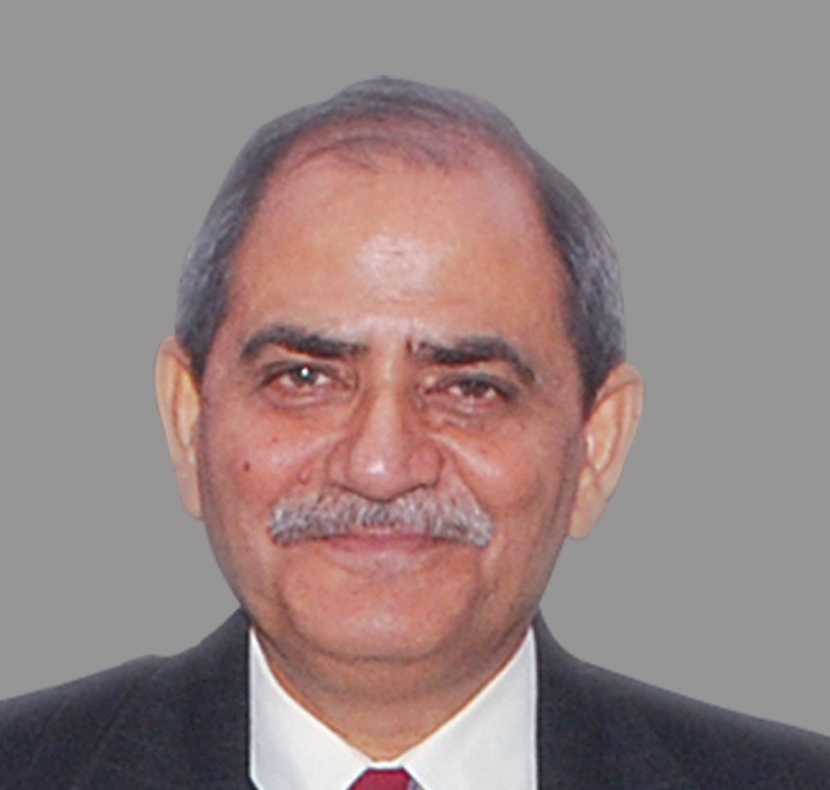
Former Director, NCAOR, Goa.
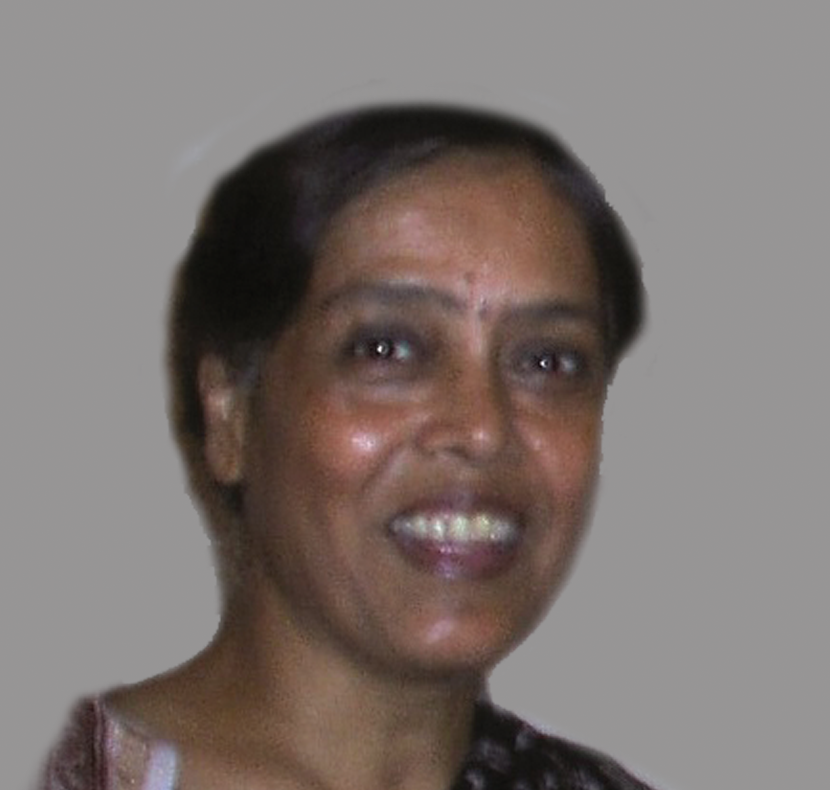
Professor, CSRD, Jawaharlal Nehru University, New Delhi.

Professor, CSRD, Jawaharlal Nehru University, New Delhi.

Director, Economic Research, Nielsen, New Delhi.
Inside this issue
OPINION
Demonetisation is a double edged process. At one stroke, tax evaders and other scrupulous people were dealt with a lethal blow. However, the gains would be fully realised only when faith in currency is restored through various supportive steps.
A critical appraisal of the recent demonetisation move would involve an assessment of its impact on various dimensions such as GDP growth, employment, access to health and basic amenities, especially with special reference to marginalised sections of population.
The Department of science and technology has enabled transformational changes through development models, stakeholders’ engagement and coordination with global partners. Science in India is thus poised to enter into an advanced phase where quality research and innovation will reach a new zenith.
Disaster Management
Recent earthquakes highlight the need for a risk reduction strategy, especially for urban centres. With expanding cities, risk to human lives, buildings and infrastructure also increases. Urban safety has thus gained importance in recent years.
Economy
Consumption is one of the key indicators of the economy’s performance. Since India has been experiencing relatively higher growth and resultant change in household income distribution, consumption pattern too has altered over the last decade or so.
Energy
The signing of Paris agreement by India, concomitant with its submission for Intended Nationally Determined Contribution (INDC), has charted out the path that India plans to adopt for energy security. While India’s plan in the past has always looked good on the paper, how far India would be able to meet the target leaves a big question mark. In addition, India’s submission to INDC fails to address how India would meet its energy security in the transportation sector.
Water
The Ganga is a diverse and complex system that is currently suffering increased demands, severely affecting the quantity and quality of flow and occupation of ‘river space’. The River needs to be redefined through innovative solutions to improve its health.
Remote sensing technologies serve as a management tool for authorities to forecast and issue early warning of floods. A Flood Response System developed by C-DAC focuses on near-real time flood monitoring in the Brahmaputra valley.
An unregulated and nonjudicial development of ground water in two decades or so has resulted in declining ground water levels. Suitable scientific management strategies need to be put in place for aquifer-wise management.
The past decades have seen a rapid depletion of groundwater. A dedicated programme in a mission mode for scientifically guided solutions, aimed at water management of complex hydrological systems under variable climatic conditions, is thus urgently needed.
Weather and Climate
Early warnings, which includes effective monitoring, detection and prediction of topical cyclones is crucial. Given the several constraints encountered, advanced technologies are fully employed for quality services towards public safety.
A dynamical state-of-the-art modelling framework has been setup by IITM for predicting seasonal as well as extended monsoon which IMD uses extensively.
Although natural hazards may occur anywhere, their impact in developing countries is greater due to the prevailing economic, social, political and cultural vulnerabilities. A mechanism of early warning will minimise or even prevent future losses caused by such occurrences.
Resource
The New Mining and Mineral Exploration Policy 2015 aims at bringing transparency through e-auctioning of lease. However, the concerns of the mining community need to be taken into account to make mining environment friendly, economically viable and socially acceptable.
Gender Justice
Elite slum dwellers bargain, negotiate and build complex alliances outside the slum to gain power to displace, marginalise and exclude the poorest slum dwellers. Widowhood, one of the most vulnerable statuses, faces dispossession shaping conflicts within slums.
Women’s empowerment, the often used concept in the contemporary discourse on development, needs revisiting. The empowering processes have to embrace men as well to address gender-biased structures, frameworks and rigid mind-sets for effective transformation.
Education
Indian education system has historically evolved to accommodate multiple providers and institutions. The school sector has seen the participation of governments, both centre and state and remains the mainstay of the country’s education system, providing education to nearly three-fourth of the students.
Agriculture
There has been a pulsating debate around genetically modified (GM) crops for over a decade now. While some recommend their use, there are juxtapositing views asking for more nuanced understanding of issues of safety surrounding them.

